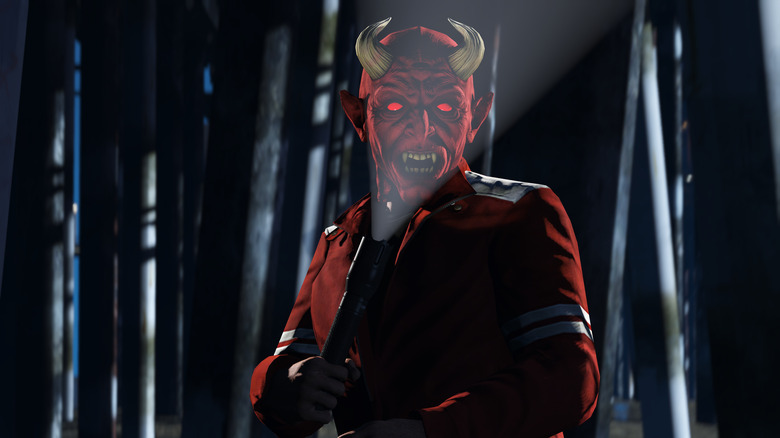Grand Theft Auto Publisher Throws Shade At Stadia
Google Stadia has been fairly disappointing since it launched late last year, and that's true for a number of different reasons. Games released on the platform haven't been all that impressive, for instance, with some running at 1080p despite Google's repeated promises of 4K. Google still hasn't shipped a number of core features, like full wireless gamepad support across all devices.
And the Stadia library? There's no sugar coating it — the Stadia catalog is barren, with roughly 50 titles to choose from and very little in the way of new content. Not great.
It's disappointing, because as far as streaming technology goes, Google may have the most impressive service out there. But as far as actually supporting that service, Google talked a big game before launch but hasn't done much to back it up since.
Now a key Stadia partner is expressing that it, too, is disappointed. And this partner is not one Google can afford to lose.
Speaking at the Bernstein Annual Strategic Decisions Conference late last week, Take-Two CEO Strauss Zelnick hit on a number of topics, including where games are headed in the next generation. Of course, you can't talk about the future of games without talking about streaming, since several major players are in that space. Sony has a service in PlayStation Now. Microsoft is building one in Project xCloud. Google has Stadia.
Zelnick singled out Stadia, however, as Take-Two has a few games on the platform. His remarks weren't all that kind.
"The launch of Stadia has been slow," Zelnick told those viewing the conference online. "I think there was some overpromising on what the technology could deliver and some consumer disappointment as a result."
The terms "slow launch" and "overpromising" aren't the kind you want associated with your new product. It would be troubling if everyday consumers were expressing those thoughts. When a huge partner like Take-Two is openly saying your service doesn't live up to the hype? That is a body blow.
And Zelnick wasn't done.
"The belief that streaming was going to be transformative," he continued, "was based on a view that there were loads of people who really had an interest in interactive entertainment, really wanted to pay for it, but just didn't want to have a console. I'm not sure that turned out to be the case."
That statement may be even more troubling than the first, because it goes right to the core of Google Stadia's entire existence.
Google's bet with Stadia is that there are a whole lot of people who want a high-end gaming experience but don't want to buy the hardware to enable it. They want console-style ease of use, where they can simply sit down on the couch and fire up a game. But they don't want to pony up for a special box that costs hundreds of dollars.
What Zelnick is saying here is, basically, those customers might not actually exist in huge numbers. There are some who might appreciate Stadia's perks — you don't have to download and install games, for example. But if someone cares enough about gaming as a hobby, that $400 or $500 box may be a small investment compared to the trade-offs associated with Stadia.
And it really doesn't help that Stadia is missing top-tier exclusives of its own. It may not ever be to gaming what Netflix or Disney+ are to TV shows and movies. You can hear the whole world talking about Tiger King or The Mandalorian, subscribe to the appropriate streaming service, and experience those for yourself. But if you want to play the games everyone is talking about, Stadia doesn't have them.
It's a shame, really. For all of the early missteps with its launch, and the lackluster library that still continues to be a concern, Stadia can still be impressive at times. A few games do make use of its full power and really sell its potential. You can play a fast-paced game like Destiny 2 and forget you're even streaming — at least until you try to matchmake for an activity and realize Stadia has an absurdly small player count.
The issues seem to lie everywhere else. And unfortunately, there's no clear-cut answer as to what Google can do to right the ship. You can't really fault partners like Take-Two for being wowed by Stadia, and for bringing games like Red Dead Redemption 2 to the service in hopes it would be the next big thing. It hasn't been that, though, and the more companies like Take-Two openly express their doubts, the more Stadia's future itself is in doubt.
You might want to hold off on buying any games there for the time being.

